Sleep and Alcohol - Insight on Sleep & Alcohol Impact
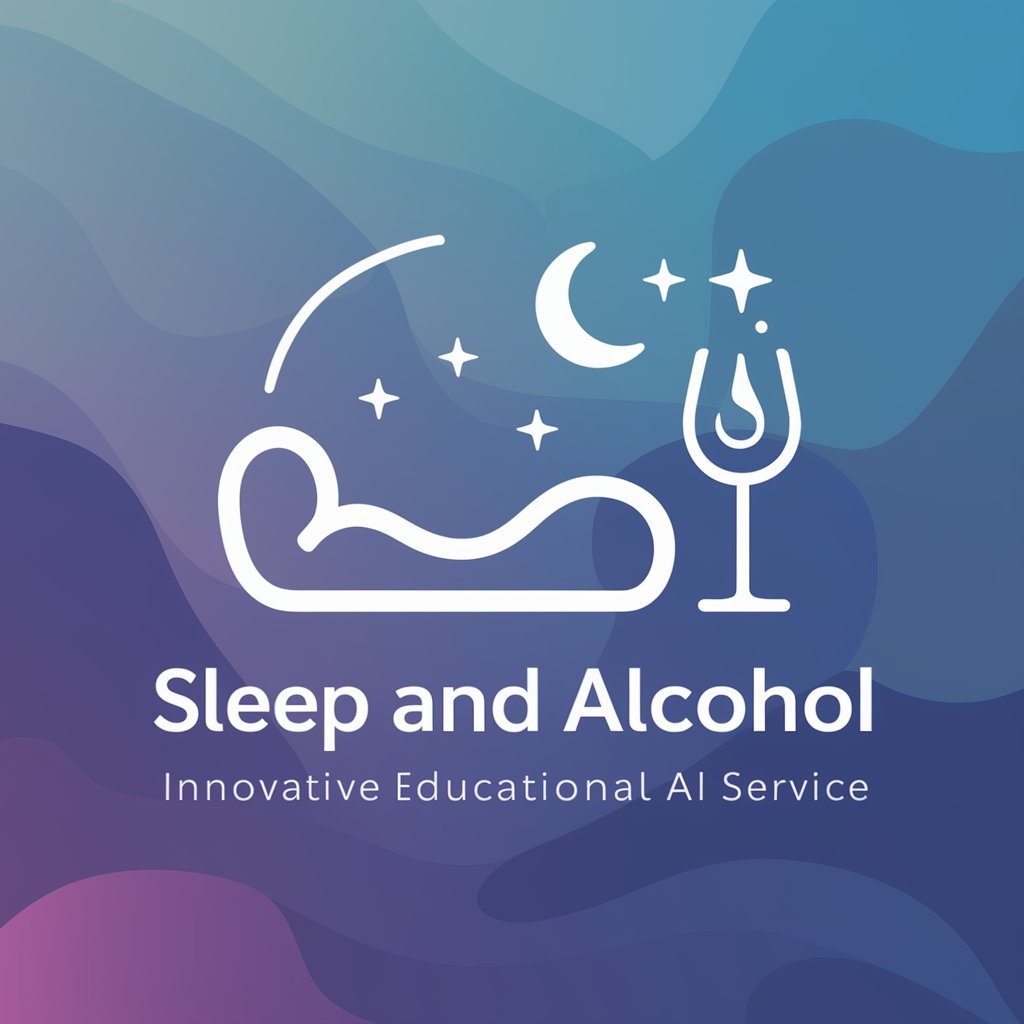
Hello! Let's explore how alcohol impacts your sleep.
Empowering better sleep, less alcohol.
How does alcohol affect REM sleep?
Can drinking before bed cause insomnia?
What are the long-term impacts of alcohol on sleep patterns?
How does alcohol consumption influence sleep apnea?
Get Embed Code
Understanding Sleep and Alcohol
Sleep and Alcohol is designed as an educational tool focused on exploring and explaining the complex relationship between alcohol consumption and sleep quality. This GPT's primary purpose is to disseminate scientific and medical knowledge in an accessible manner, helping individuals understand how alcohol may affect their sleep patterns, sleep architecture, and overall sleep health. For example, it can explain how alcohol, despite its sedative properties, can lead to fragmented sleep and prevent the deep, restorative stages of sleep necessary for cognitive function and physical health. Powered by ChatGPT-4o。

Key Functions and Real-World Applications
Educational Content Creation
Example
Explaining the impact of alcohol on REM sleep, the stage of sleep associated with dreaming and memory consolidation. For instance, after consuming alcohol, a person might notice they dream less or feel less rested upon waking.
Scenario
A health blogger looking to write a detailed article on lifestyle factors affecting sleep quality.
Answering Specific Inquiries
Example
Providing insights on why someone might wake up frequently during the night after drinking, focusing on alcohol's diuretic effects and its impact on the sleep cycle.
Scenario
An individual wondering why their sleep is disrupted after social events involving alcohol.
Guidance on Improving Sleep Hygiene
Example
Offering tips on how to mitigate the impact of alcohol on sleep, such as limiting alcohol intake to earlier in the evening and ensuring hydration.
Scenario
Someone seeking to improve their sleep quality while managing social and cultural expectations around drinking.
Target User Groups for Sleep and Alcohol
Health Enthusiasts
Individuals keen on optimizing their sleep for better health outcomes. They benefit from understanding the nuanced effects of alcohol on sleep architecture and strategies to mitigate negative impacts.
Medical and Health Professionals
Professionals seeking to provide patients with evidence-based advice on managing sleep disturbances related to alcohol. This service offers a resource for enhancing patient education.
General Public with Sleep Concerns
People experiencing sleep issues or disturbances and suspecting alcohol as a contributing factor. This service provides accessible information to help them make informed decisions about alcohol consumption in relation to sleep.

How to Use Sleep and Alcohol
1
Start by visiting yeschat.ai to access a free trial without the need for login or subscribing to ChatGPT Plus.
2
Familiarize yourself with the tool's interface and features by exploring the available menus and settings, ensuring a smooth user experience.
3
Utilize the 'Ask a Question' feature to inquire about the effects of alcohol on sleep, including any specific concerns or scenarios you have in mind.
4
Explore the educational content and resources provided for deeper insights into sleep patterns, alcohol's impact, and strategies for improving sleep quality.
5
Regularly use the tool to monitor changes in your sleep quality and alcohol consumption patterns, making adjustments based on insights gained from the tool's feedback.
Try other advanced and practical GPTs
Alcohol Guide
Explore spirits with AI-powered insights
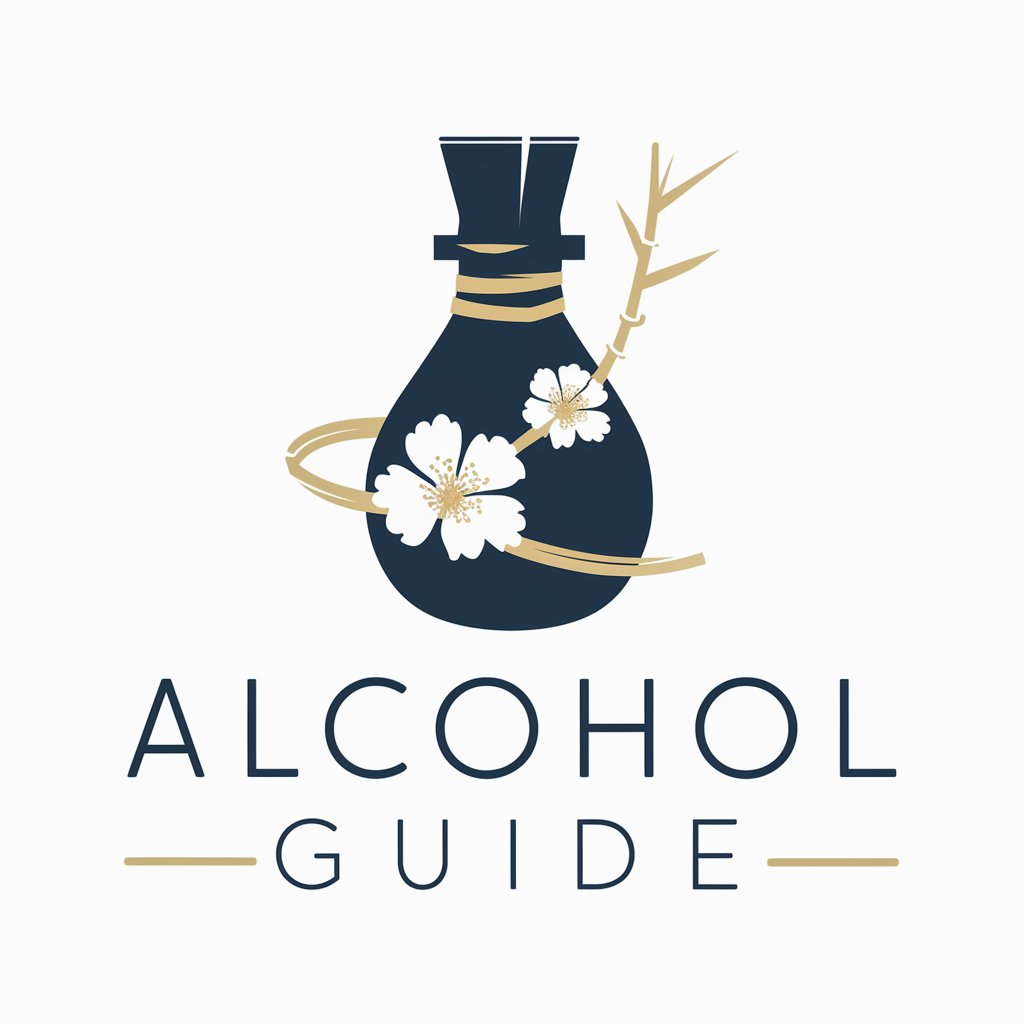
Alcohol Industry Expert
Navigating Alcohol Laws with AI

Excise Duties on Alcohol EU
Simplify EU alcohol duty compliance with AI
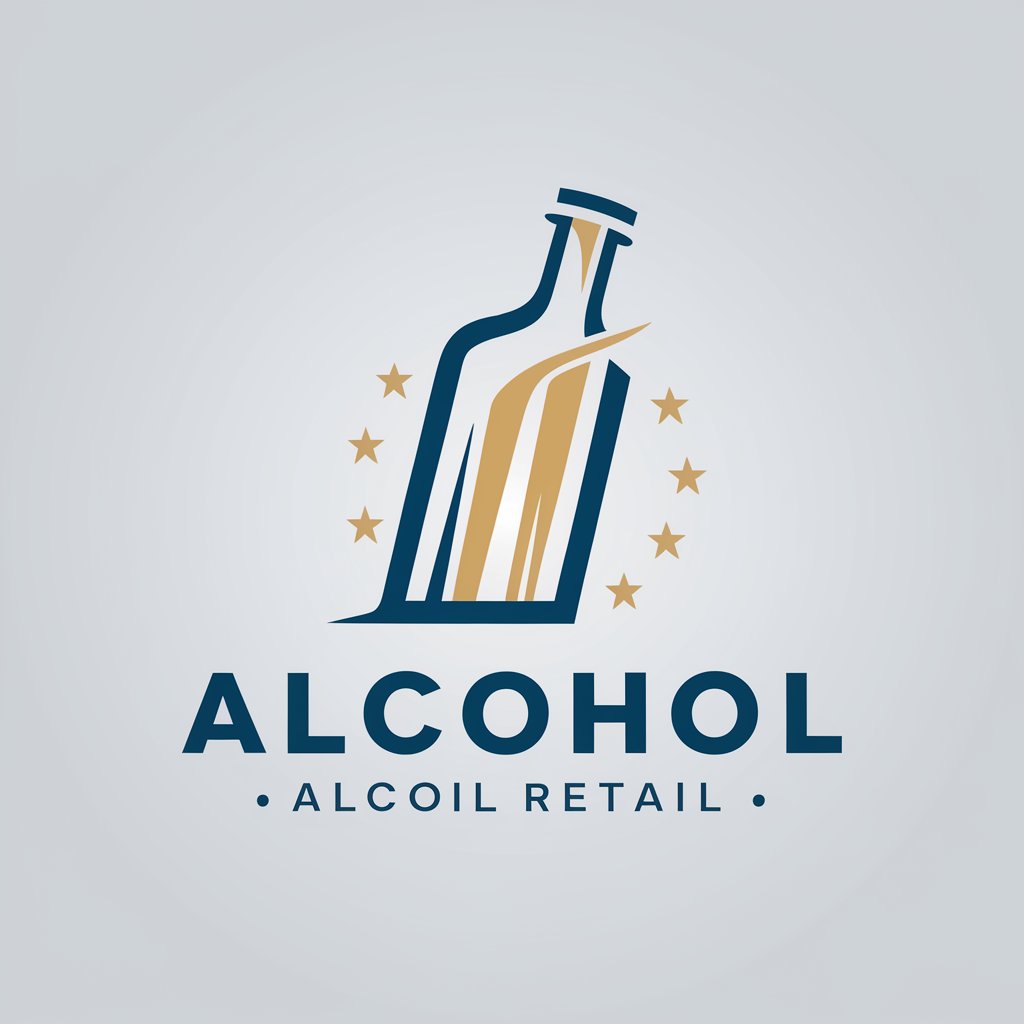
Alcohol to Jet Expert
Powering Jet Fuel Innovations with AI

Wellness Ally for weight-loss and alcohol use
Empowering your wellness journey with AI.
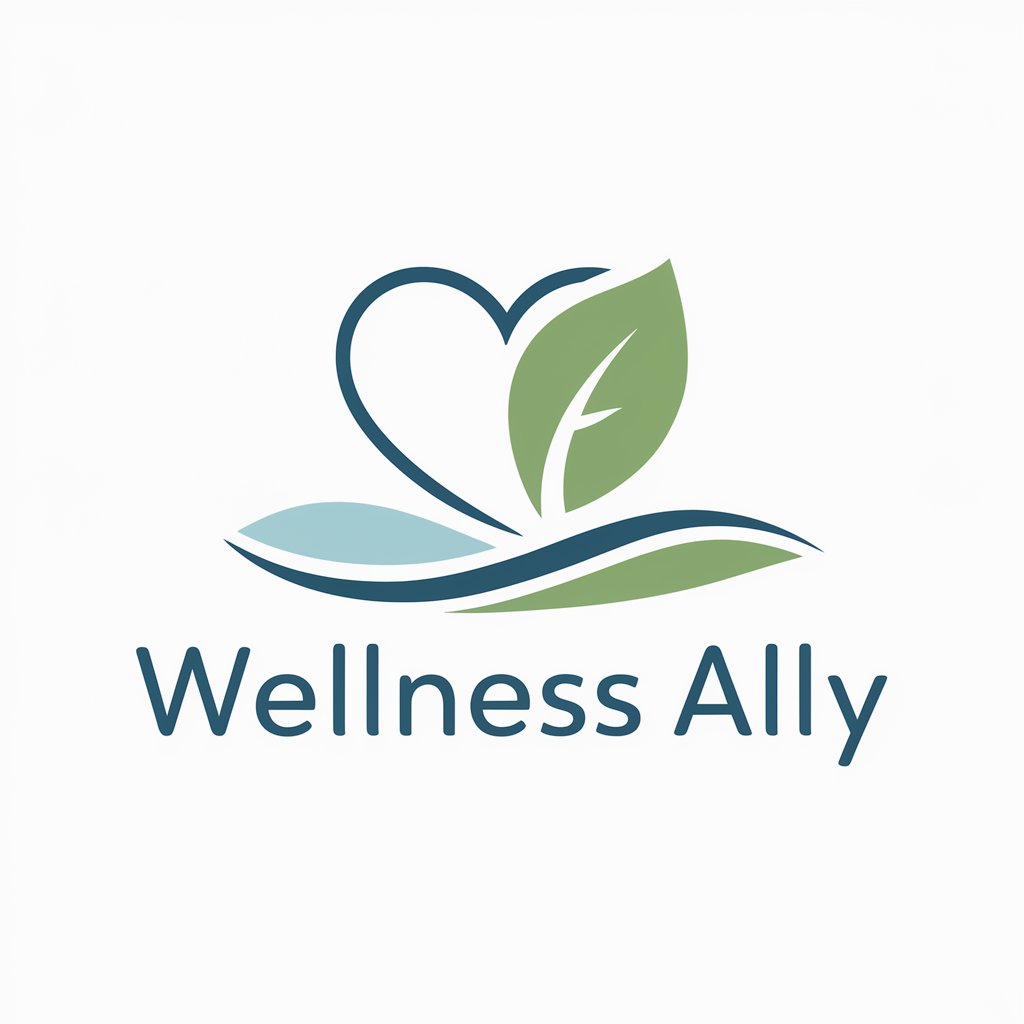
Alcohol rehab
Empowering recovery, one conversation at a time.

Alcohol Support GPT
Reflect, Understand, Overcome
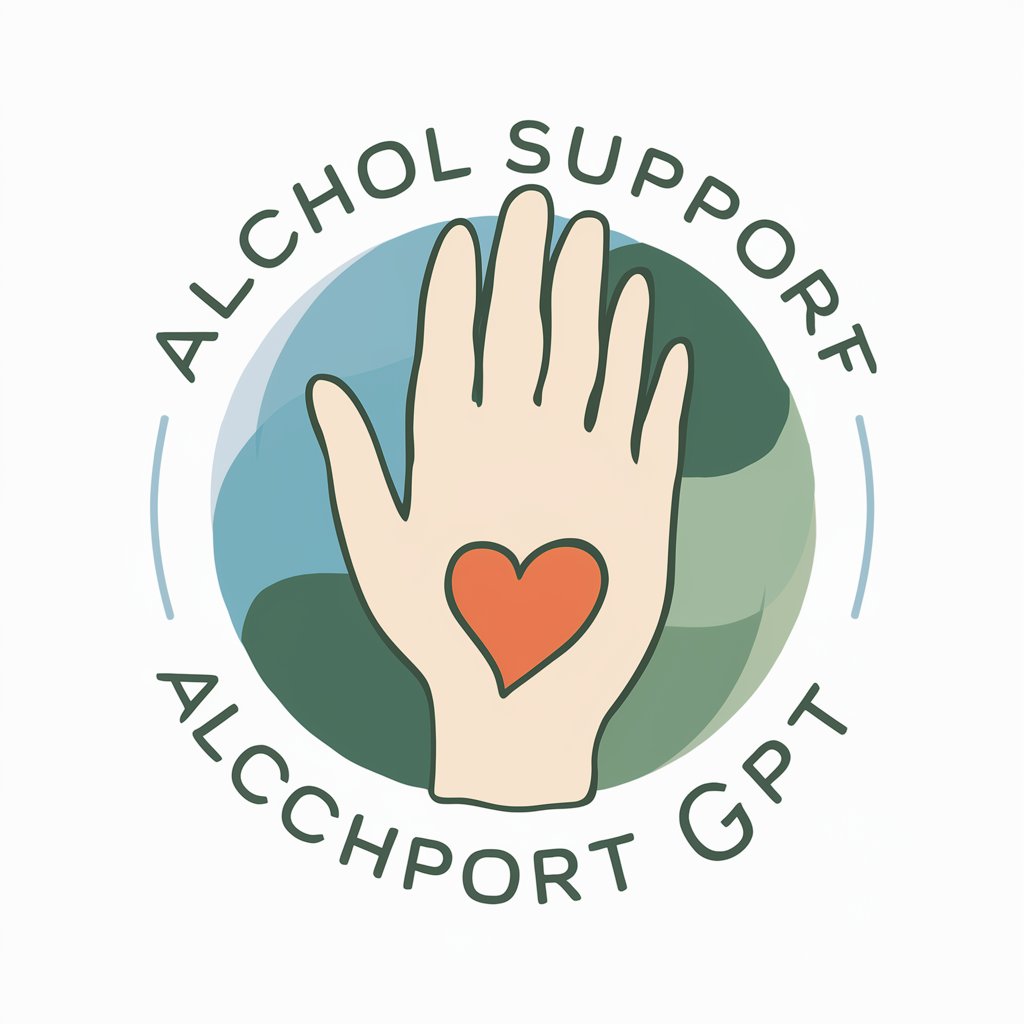
Adventure Scout
Discover Adventures Powered by AI

Democracy Beacon
Illuminating Democracy with AI
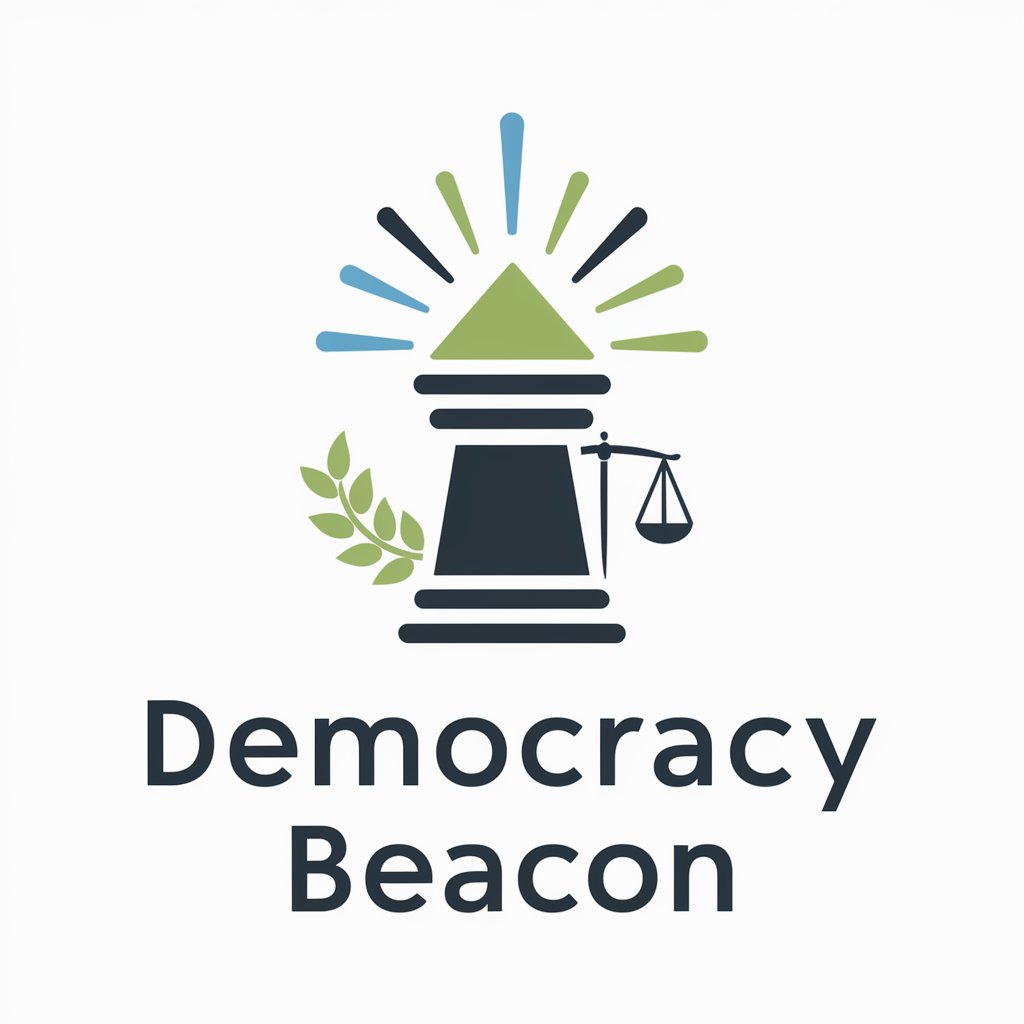
POLITICAL CORRECTNESS (SPG) 🙌
Empowering inclusive and respectful communication.
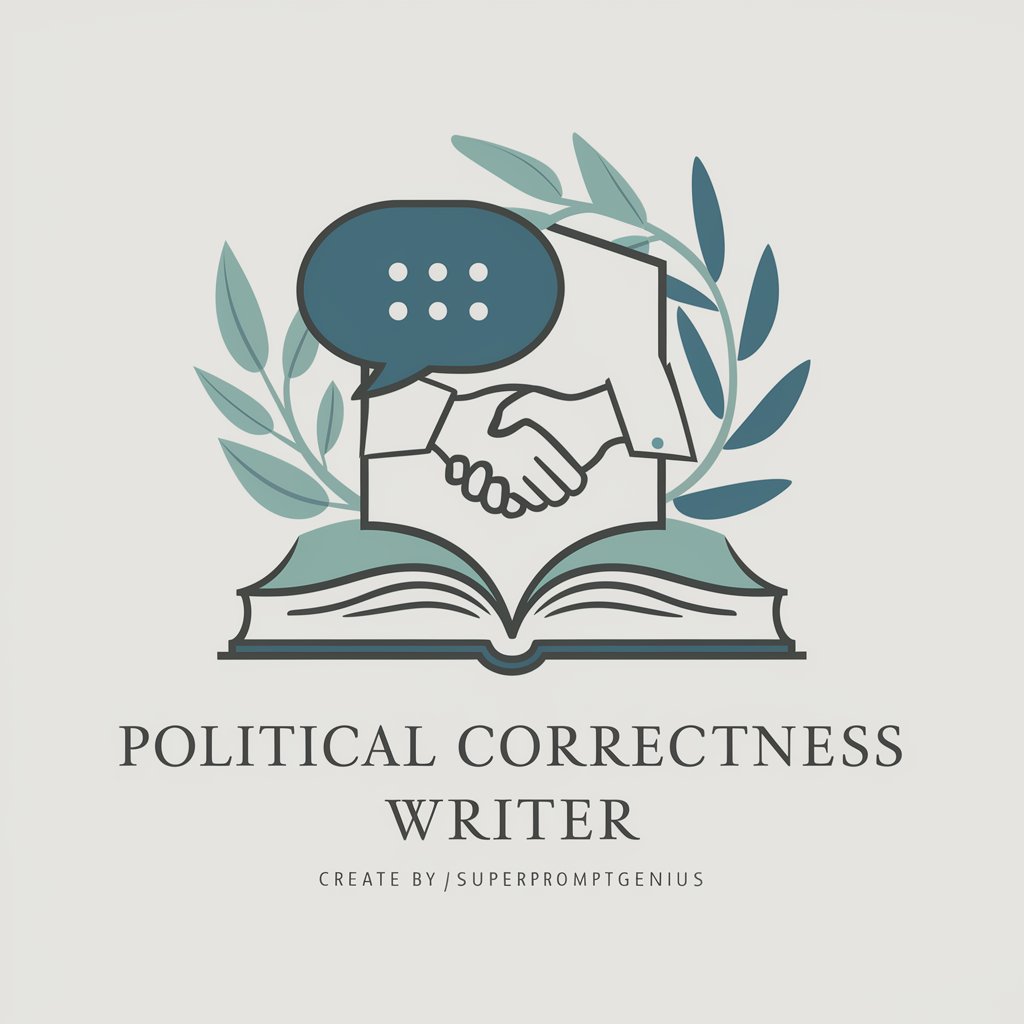
View Point
Discover Your Political Compass
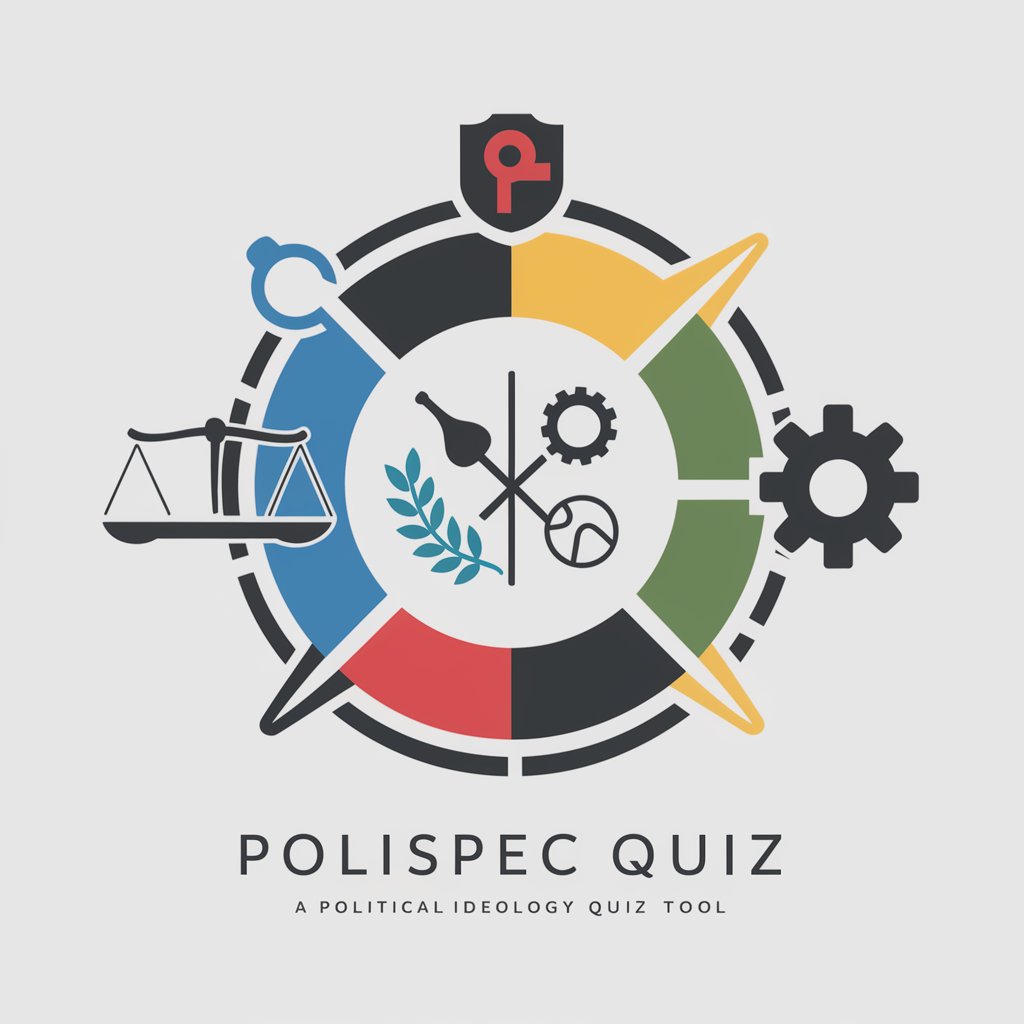
Grammar Guardian
Empowering Your Writing with AI-Powered UK Grammar Assistance

Sleep and Alcohol FAQs
How does alcohol affect sleep quality?
Alcohol can initially induce feelings of sleepiness, but it disrupts the sleep cycle, particularly the REM stage, leading to poorer quality sleep and potential disturbances.
Can moderate alcohol consumption still affect my sleep?
Yes, even moderate alcohol intake can affect sleep architecture and efficiency, potentially leading to lighter and more fragmented sleep.
Are the effects of alcohol on sleep the same for everyone?
No, the impact varies based on individual factors like age, sex, drinking habits, and overall health, making some people more susceptible to sleep disturbances.
How can I mitigate the effects of alcohol on sleep?
Limiting alcohol intake, especially in the hours leading up to bedtime, and maintaining a consistent sleep schedule can help mitigate its effects on sleep.
Is it possible to reverse the negative effects of alcohol on sleep?
Improving sleep hygiene, reducing alcohol consumption, and seeking professional advice can help reverse some of the negative impacts of alcohol on sleep over time.
